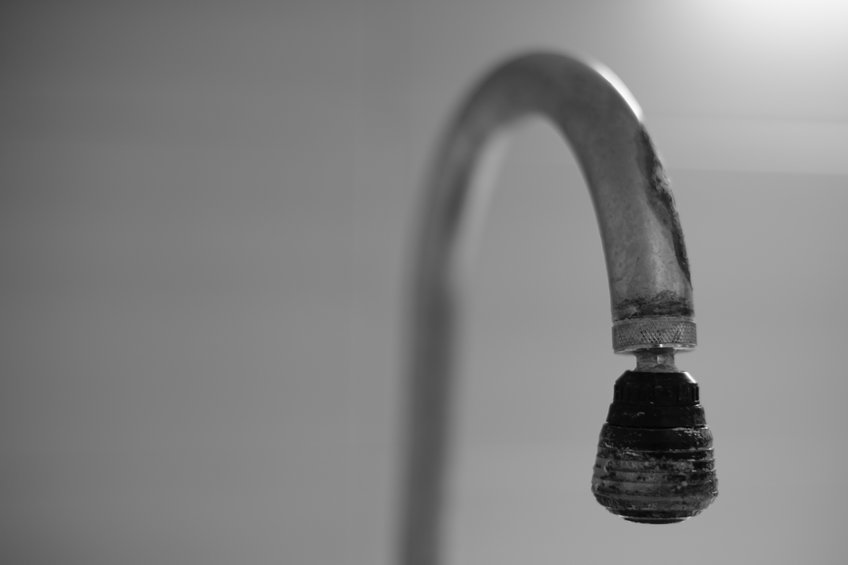The Effects of Hard Water On Water Pipes

While calcium and magnesium are beneficial to your health, high concentrations of these minerals can be harmful to your plumbing. If you’re concerned about the effects of hard water on your pipes, Nu Flow AK can help. We offer efficient potable water line services in Bellevue, WA. We list the damaging effects that hard water can have on water pipes.
Limescale Buildup
One of the most common problems is the buildup of limescale. This can happen when water hardness exceeds 7 grains per gallon. As the water evaporates, the minerals in the water are left behind, adhering to the sides of pipes. Over time, this buildup can reduce the diameter of the pipe, which decreases the flow of water and can eventually lead to a clogged or damaged potable water line.
In addition to being an eyesore, limescale buildup can also cause significant damage to your plumbing system, prompting an untimely potable water line replacement.
Corrosion
Hard water may not seem like a big threat, but in some cases, the minerals in the water can interact with the metal pipes and cause the pipes to corrode. And if your pipes are corroded, one of the ways you’ll know is if you have discolored water coming out of your taps and faucets. You may need a new potable water line installation depending on the severity of the damage due to corrosion.
Rust
If you live in an area with hard water, you may have noticed that your water pipes are starting to show signs of rust. This is because the iron in hard water can cause rusting in metal pipes, which can lead to rust buildup over time. While there are several ways to treat hard water, the most effective way to prevent rust is to install pipes made of materials resistant to rust. Consult potable water line repair experts to learn more about your options.
If you have problems with your potable water line, contact Nu Flow AK to learn more about your service options.
Contact the experts at Nu Flow Alaska to schedule your service.
